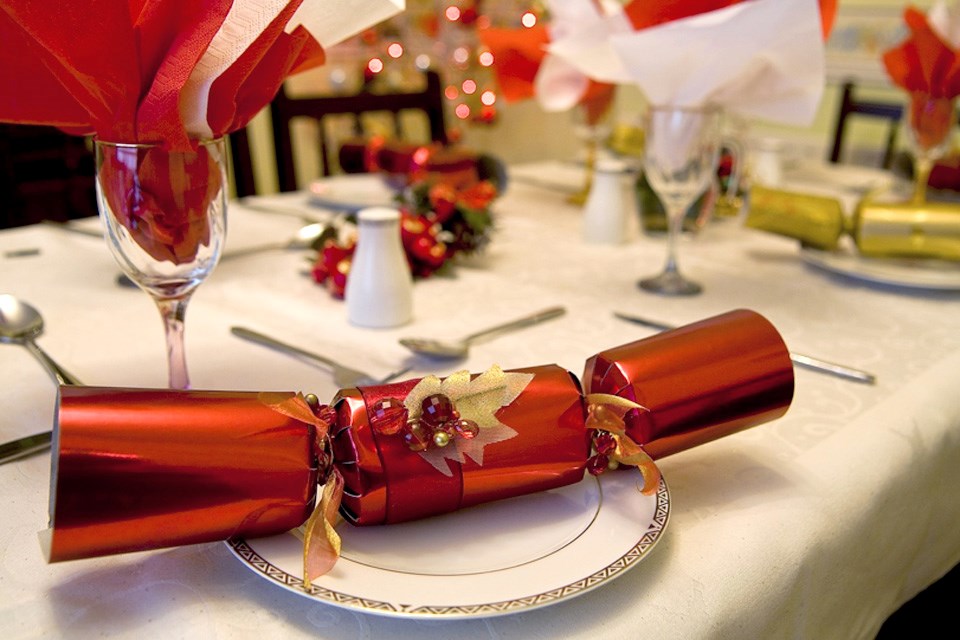Here's a closer look at some of the intriguing Christmas traditions from around the world!
Ukraine: Caroling in Traditional Garments
In Ukraine, Christmas is celebrated on January 7th, following the Julian calendar. On this day, people dress in traditional Ukrainian garments and walk through their towns singing carols. The night before, they have a traditional Christmas Eve meal known as Sviata Vecheria, which consists of 12 meatless dishes representing the twelve apostles.
Iceland: The 13 Yule Lads
Iceland celebrates Christmas for 13 days, with each day marked by a visit from one of the 13 Yule Lads. These mischievous characters either reward or punish children based on their behaviour. Children leave their shoes on the windowsill before going to bed, waking up to either candy (if they've been good) or rotten potatoes (if they've been naughty). Also, there's a heartwarming tradition of exchanging books on Christmas Eve.
Japan: Kentucky For Christmas
Japan doesn't traditionally celebrate Christmas, but thanks to a successful marketing campaign by Kentucky Fried Chicken in 1974, KFC has become a popular Christmas meal. The "Kentucky For Christmas" campaign was so successful that it's now customary for many Japanese families to enjoy KFC on Christmas Day.
Philippines: Giant Lantern Festival
In the Philippines, Christmas is a grand affair marked by the Giant Lantern Festival. Each lantern can reach up to six meters in diameter and is illuminated by about 5,000 light bulbs. The festival displays a stunning spectacle of light and colour.
Denmark: Dancing Around the Christmas Tree
In Denmark, it's a tradition to hold hands and dance around the Christmas tree while singing carols. Also, they follow a custom called 'julefrokost' (Christmas lunch), which is a special feast.
Norway: Hiding the Brooms
Norwegians hide all the brooms in their house on Christmas Eve to prevent witches and evil spirits from stealing them for a midnight ride. They also leave a bowl of porridge in the barn for the gnome who protects the farm.
Poland: Wigilia - The Star Supper
In Poland, the main Christmas meal is Wigilia, also known as the Star Supper. It begins when the first star is seen in the sky, and an extra place is always set at the table for an unexpected guest.
UK: Christmas Crackers
In the UK, it's traditional to pull Christmas crackers before the Christmas meal. These are tubes wrapped in brightly colored paper that crack when pulled apart, revealing a small gift, a joke, and a paper crown inside.
Brazil: Papai Noel & Midnight Mass
In Brazil, Papai Noel (Father Noel) brings gifts for children and families attend the Missa do Galo or Midnight Mass on Christmas Eve. A huge fireworks display also marks the occasion.
Austria: Krampusnacht
In Austria, St. Nicholas rewards nice kids, while Krampus, a beast-like creature, punishes the naughty ones. This tradition takes place on Krampusnacht, which falls on December 5th.
Germany: Advent Calendars & Christmas Markets
Germany is famous for its Advent calendars, which count down the days to Christmas. It's also known for its enchanting Christmas markets that sell a variety of Christmas goods and treats.
Italy: La Befana
In Italy, instead of Santa Claus, it's La Befana, a witch who delivers gifts to children on January 5th, known as Epiphany Eve.
Sweden: St. Lucia Day
In Sweden, December 13th, St. Lucia Day, begins the Christmas season. Girls dressed as St. Lucia bring coffee and pastries to their families.
Canada: Letters to Santa
In Canada, children write letters to Santa Claus, addressing them to "Santa Claus, North Pole H0H 0H0, Canada." The best part? It's free! No stamps required.
Christmas traditions around the world beautifully illustrate the rich tapestry of cultural diversity that weaves us all together. As we celebrate and learn about these unique customs, we're reminded of the beauty of diversity and how it enriches our global community. This Christmas, and indeed throughout the entire year, let's continue to embrace and appreciate this diversity. Let's be open to understanding and learning from cultures different from our own, fostering a sense of unity and mutual respect. After all, the spirit of Christmas — love, joy, and goodwill — is a universal language that transcends all boundaries and brings us closer together. Here's to celebrating diversity, not just at Christmas but all year round!
This Home For The Holidays feature is brought to you by Great West Media Content Studio and in part by the Sponsors on this page. It is not written by and does not necessarily reflect the views of the editorial staff.



